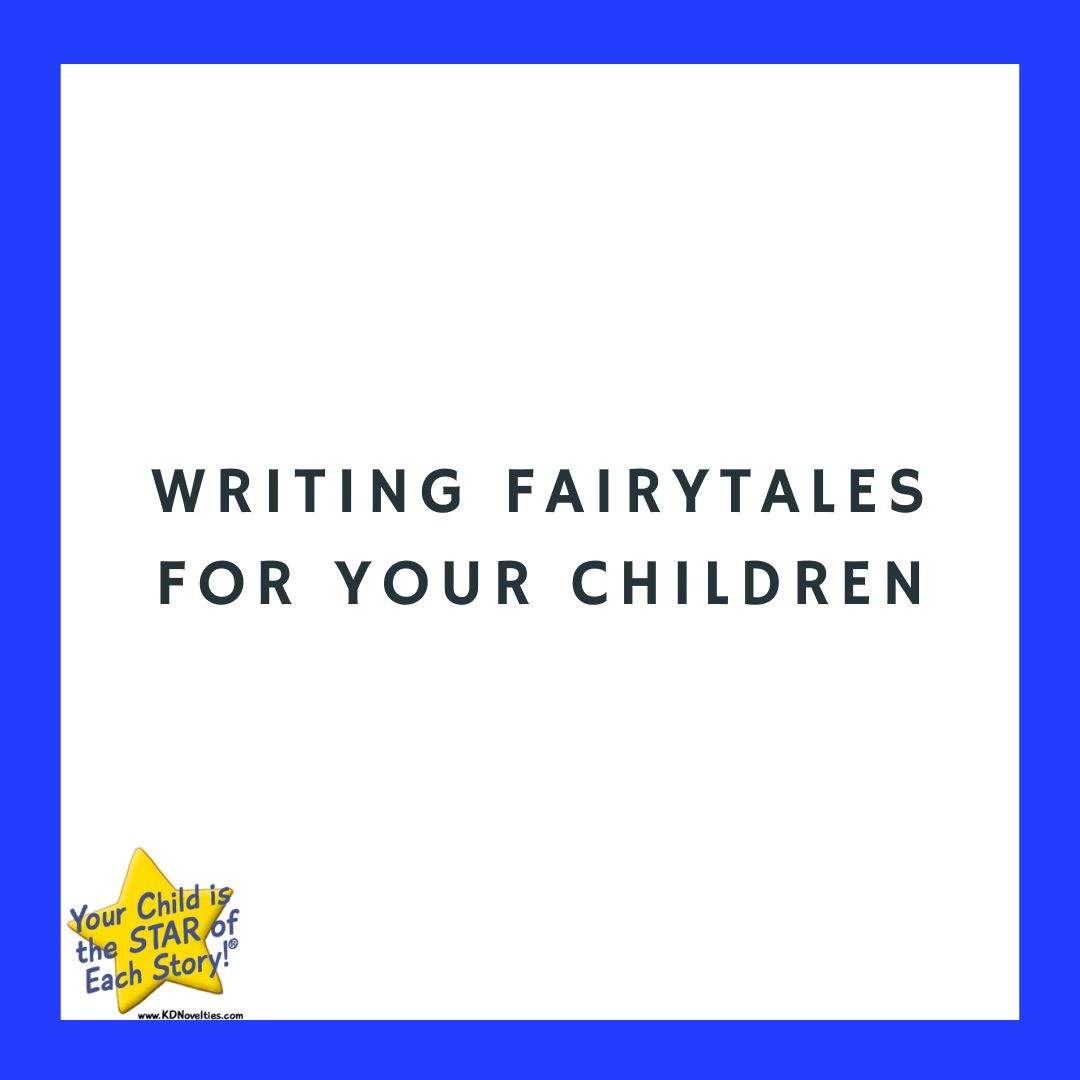Great Ideas for Writing a Fairy Tale about Your Child
Fairy tales shape a huge part of our childhood. From the enchanting world of Cinderella and her evil step-sisters to the story of Rapunzel’s magical hair, these tales help to light up any child’s imaginative and creative world. But how do you make these magical tales more exciting for your child? Writing a fairytale.
If your kid adores fairytales, it’s not enough to show them all the sequels of Disney’s Cinderella. Rather, you can make their experience more magical by making them the main character in a fairy tale and creating personalized books of the story. Want to learn more about writing an enchanting fairy tale for your kids without having to hire a college essay writing service?
What Should Your Fairy Tale Contain?
Before you roll out the first drafts for any fairy tale, it’s important to consider the major features that any story should contain. If you leave out any of these details, you just might end up creating a twisted Grimm’s tale that will have your child screaming into their pillow. Here are some key points that should form the foundation of your tale:
The “Once Upon a Time” opener
What’s a fairy tale without the legendary line that begins with once upon a time? Although this famous line has no bearing on the direction of the story, it serves as the perfect foundation for a fairytale background. For many young readers, this phrase helps to boost excitement and anticipation. They can already tell that a world of magic and adventure lies ahead. It also provides a deep sense of wonder that will stay with them for the duration of the story.
However, if you think this phrase is too cliché for your comfort, you could try out other alternatives like “Long ago and far away” or “Before the world became round”.
The main character
When drafting your fairytale characters list, you should consider the main character first. Since you’re writing a tale about your child, the main character should bear their name. However, it’s important to create a more interesting and thrilling backstory for the main character. This way, you can tell an enchanting tale instead of a “bleh” story about a first-grader.
Mythical animals or legendary creatures
To add to the entire experience, you could include animals that talk. Remember how Cinderella had talking mice that helped her escape from the clutches of her evil stepmother? Talking animals and legendary creatures such as unicorns can spice up the story and help to move the plot along.
Happily ever after
When it comes to writing a fairy tale for or about your kid, a “happily ever after” ending is the perfect icing on the cake. Happy endings tend to give a satisfying feeling and add to the overall charm of fairy tales. Even though these merry endings don’t typically happen in the real world, they can happen in your child’s make-believe world.
Amazing Fairy Tale Ideas to Inspire You
If you’re struggling with finding inspiration for your story, here are some great fairytale ideas that will inspire you and get your creative juices flowing:
A missing princess
Although Disney and other animation companies have pretty much over-flogged the missing princess script, this story idea never gets old. You could draft a fairy tale about a princess who is stolen from her parents as a child and turned into a slave in a distant kingdom. Somehow, a character from her kingdom recognizes her and tells her the truth about her background. She then embarks on a mission to escape from her captors and find her way home.
This simple storyline will keep your child engrossed till the very end. However, you may want to watch them closely for the next couple of days to ensure that they aren’t entertaining thoughts of running away to find their true “kingdom”.
A kind damsel who is under a witch’s curse
Here’s another fairytale idea that can help you create a magical story. A kind damsel has been cursed by an evil witch. Every night, she turns into an ugly werewolf who howls at the moon and destroys buildings in the town. Somehow, the townspeople discover her secret and chase her out of the town with pitchforks and torches. However, she falls in love with a lad who goes on a mission with her to break the witch’s curse.
Final Thoughts
Writing a fairy tale as an adult can feel overwhelming and downright ridiculous. However, the ideas listed above will help you to create an enchanting tale for children. When drafting your story, don’t forget to begin with a mystery that the main character has to solve. In the same vein, include fairytale pictures that bear a close resemblance to your child to make the story more magical and visually appealing.
Author’s Bio – Amanda Dudley is a lecturer and writer with over ten years of experience. In 2001, she obtained a Ph.D. in History from Stanford University and ever since then, she has pursued a fulfilling career in the education system. Currently, she works as a part-time essay writer at EssayUSA, a reputable essay writing service.


